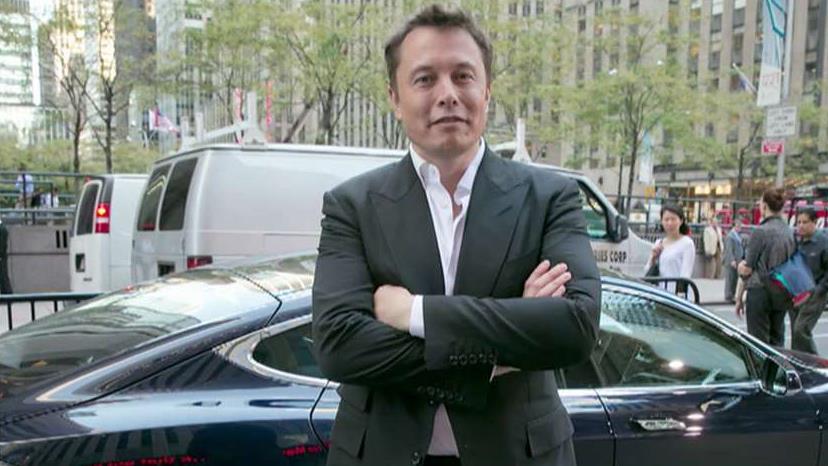Elon Musk says Neuralink microchip allowed a monkey to 'control' computer with brain
Elon Musk showed off some of what his neurotechnology company, Neuralink, has been developing Tuesday, and casually mentioned that the technology had been used “to control a computer with its brain.”
“Just FYI,” he added.
Musk, the billionaire leading companies like Tesla and SpaceX, co-founded Neuralink in 2016. During a presentation Tuesday about the company's "launch presentation" at the California Academy of Sciences in San Francisco Tuesday, Musk said Neuralink aims to use a process “as simple and automated as LASIK” to treat brain and spine disorders.
“We can solve that with a chip,” he said.
Musk said that the process of gaining FDA approval for such treatments will likely be slow and long. Eventually, the company aims to make a full “brain-machine interface” possible, which Musk said would be “a sort of symbiosis with artificial intelligence.”
“This is something I think is going to be really important at a civilization-level scale,” he said.
Musk and other company leaders didn’t go into much more detail about the monkey-brain-computer tidbit. Neuralink President Max Hodak expressed surprise that Musk mentioned it at all.
“I didn’t realize we were running that result today, but there it goes,” he said.
Neuralink worked with the University of California, Davis, on animal testing involving rats and monkeys, according to Musk. He said they consider it “very serious” and have been “extremely sensitive” with the animals.
Hodak said they wished they didn’t have to work with animals, but said it’s an important part of the process.
“We believe that the benefit to humanity — in the end, the benefits outweigh the negatives,” he said.
CLICK HERE FOR THE FOX BUSINESS APP
Neuralink isn’t the only company working on technology to interface brains with computers. Facebook has reportedly worked on a project that would allow people to share their thoughts, which company leaders have said could be used by people with conditions like ALS, also known as Lou Gehrig's disease.
The field may still be growing. Musk said the primary purpose for Tuesday’s presentation was to recruit more people to work at Neuralink.
“We really want to have the best talent in the world come and work at Neuralink, anyone that’s interested in coming to solve this problem,” he said.




















